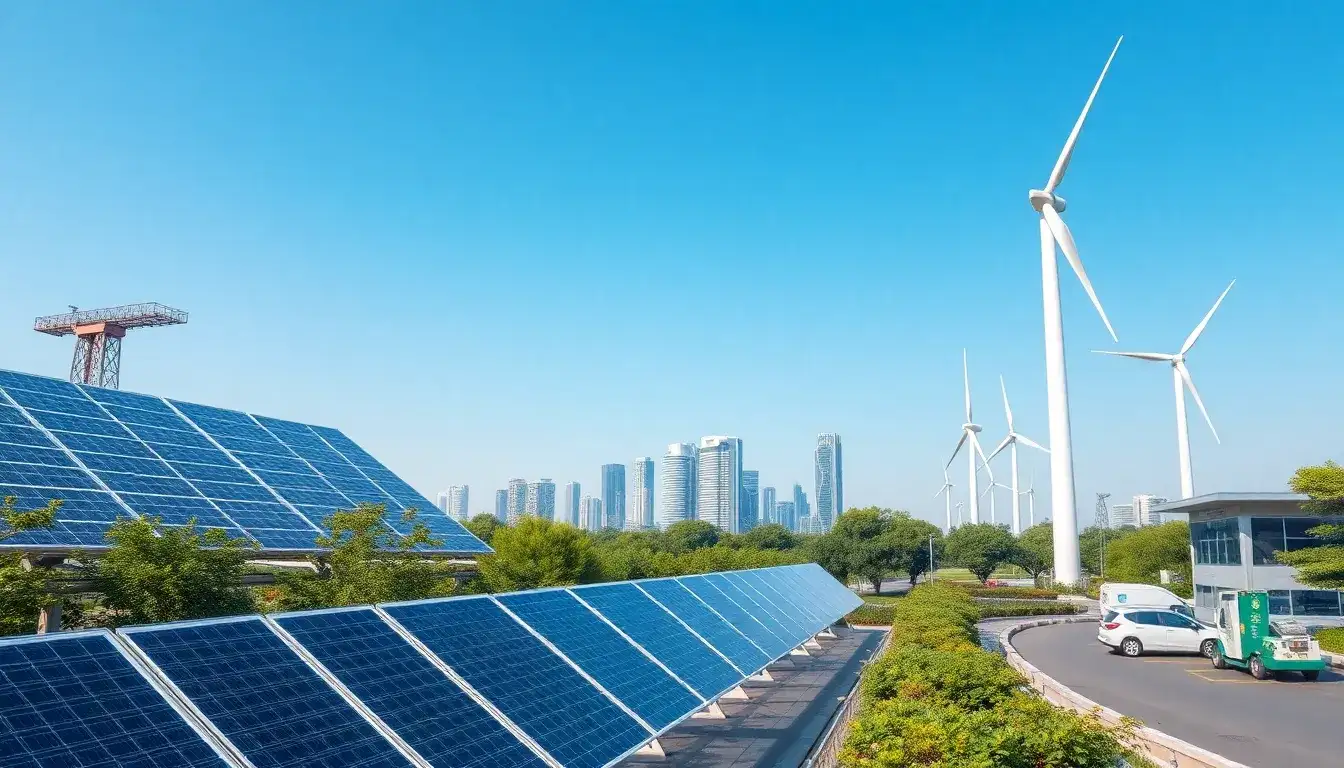
20th “China Heart” Special Strategy Review || Zhong Shi Li: Hybrid Technology Promotes Carbon Neutrality Bridge Construction
Release Date: 2025-04-08 · China Automotive News
Author: Zhong Shi Li
Editor: Zhang Feng Wu
This year marks the 20th anniversary of the “China Heart” annual evaluation initiative, which has been a cornerstone of the automotive industry in China since its inception in 2006. This initiative aims to assess the impact of various automotive technologies and has become a benchmark for measuring innovation and competitiveness in the industry.
The focus of this year’s initiative is the “Promoting China’s Automotive Power Technology Breakthrough and New Product Development” strategy. This annual review involves rigorous assessments from academic experts and industry professionals, aimed at identifying the most promising advancements in fuel and new energy systems.
Through this initiative, the evaluation committee seeks to highlight developments in power systems, particularly in the areas of hybrid electric vehicles (HEVs) and plug-in hybrid electric vehicles (PHEVs). The evaluations will showcase the latest trends in the market, underscoring the importance of reducing carbon emissions and promoting sustainable energy solutions.
In the context of the automotive industry, the market dynamics are shifting significantly. Between 2023 and 2024, it is forecasted that the sales of PHEVs will reach approximately 2.8 million units, while sales for REEVs (Range-extended Electric Vehicles) will hit about 5.14 million units. Concurrently, the sales of HEVs are projected to amount to around 9 million units and 12 million units, respectively, indicating a strong market presence for these technologies.
This transformation in the automotive sector is not merely a trend but reflects a profound change in consumer preferences and regulatory requirements. The integration of hybrid technology is seen as a crucial step in the transition towards a low-carbon, sustainable future.
Looking ahead, it is anticipated that by 2030, the hybrid market share in China will rise to 30%, with the overall market continuing to evolve, driven by the increasing demand for clean energy and reduced emissions. PHEVs, REEVs, and HEVs will collectively form a significant part of this progressive landscape, catering to the diverse needs of consumers.
The hybrid vehicle technology sector is expected to witness substantial growth, with innovative solutions aimed at enhancing fuel efficiency and reducing emissions. This will lead to the development of advanced hybrid powertrains that align with the increasing regulatory standards and consumer expectations.
In conclusion, the automotive industry in China is poised for a transformative journey towards sustainable mobility. The integration of hybrid technologies will play a vital role in achieving carbon neutrality and responding to the demands of the evolving market landscape.







